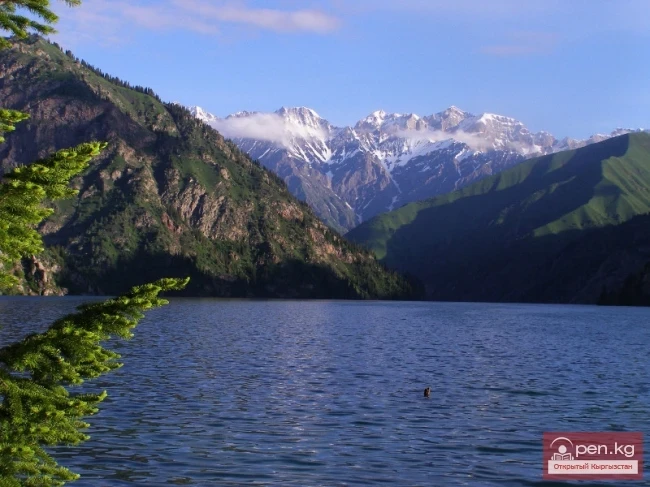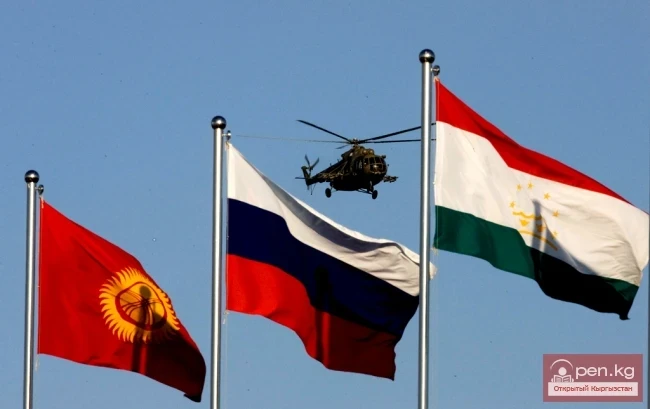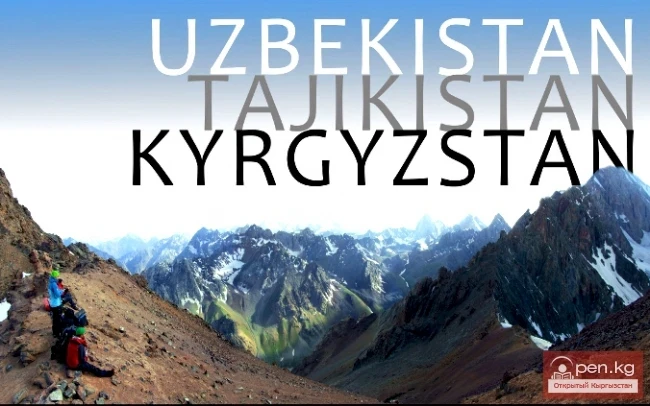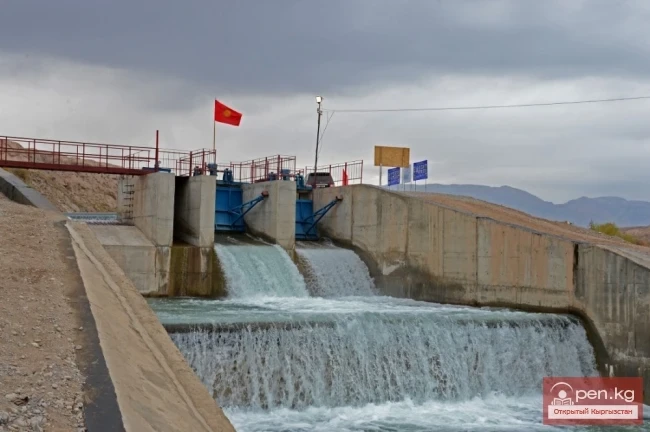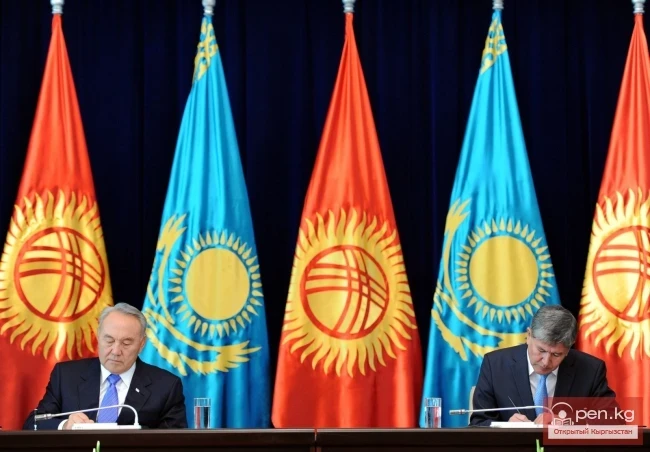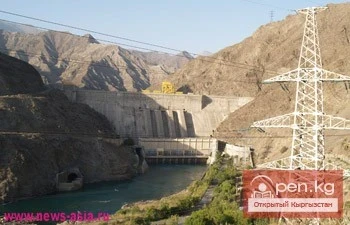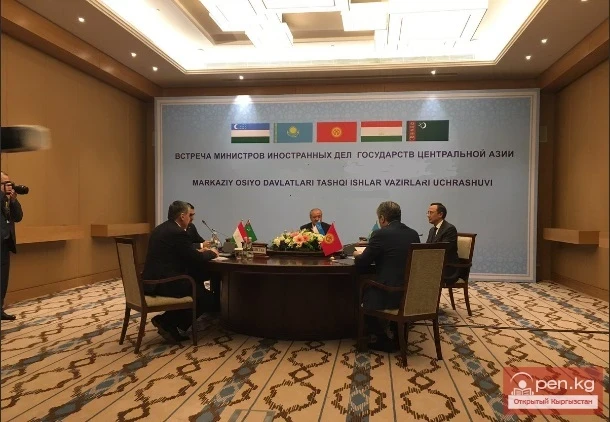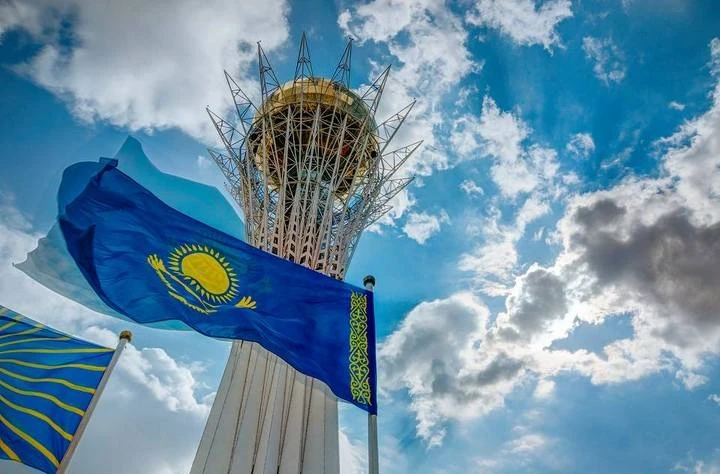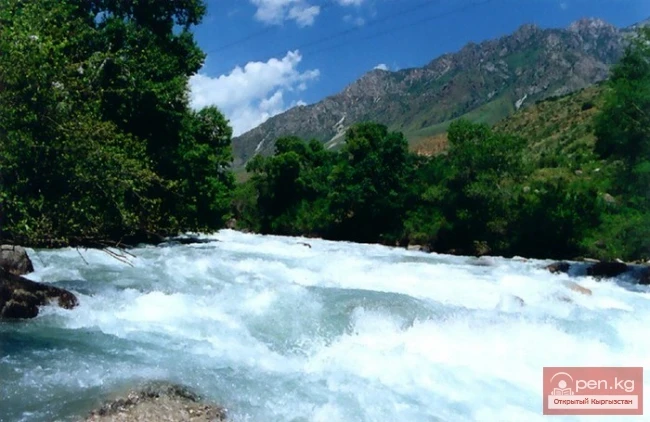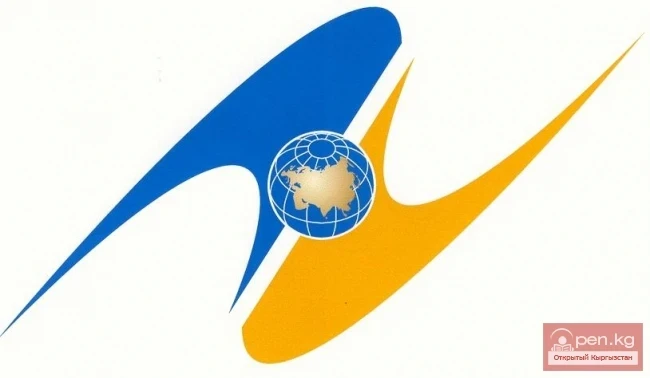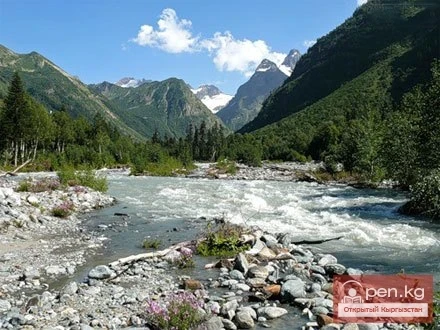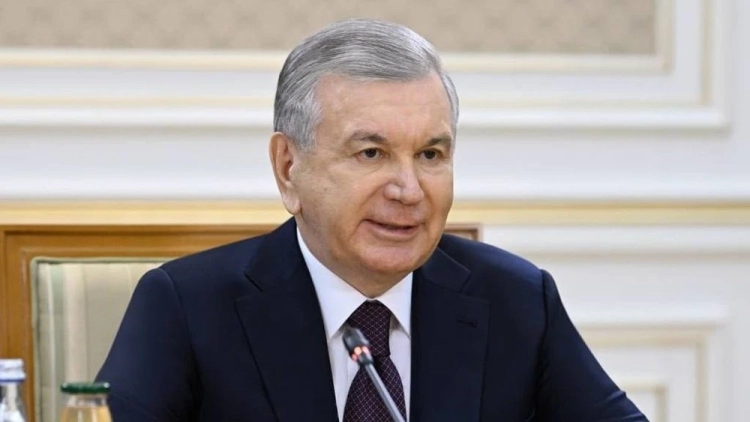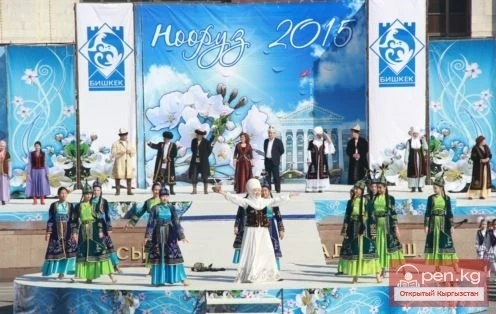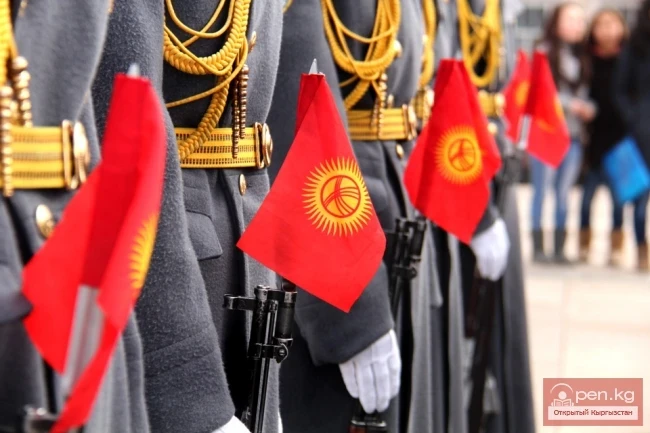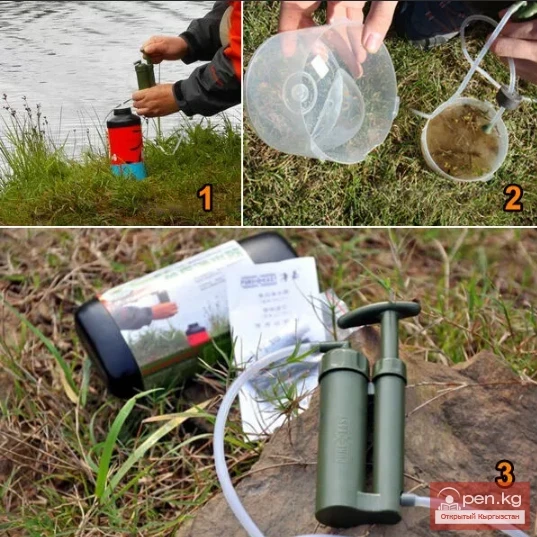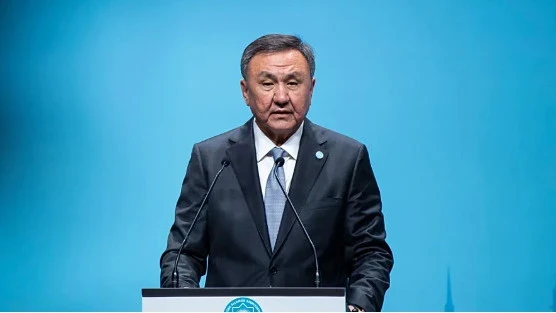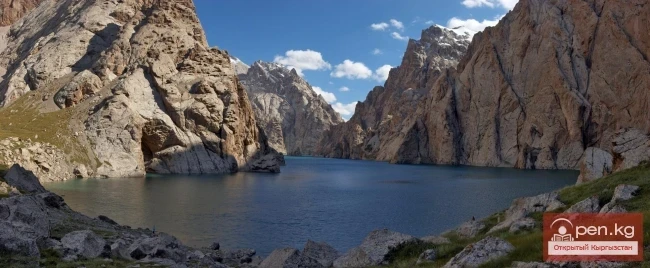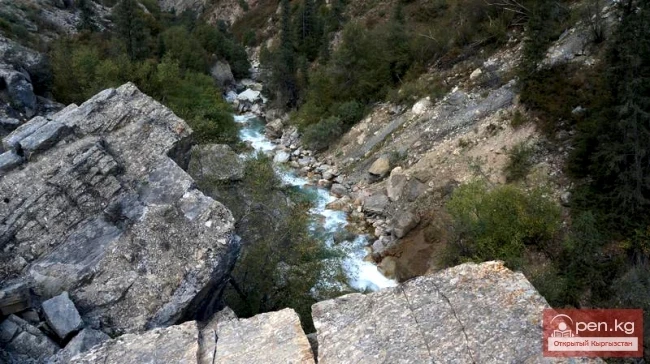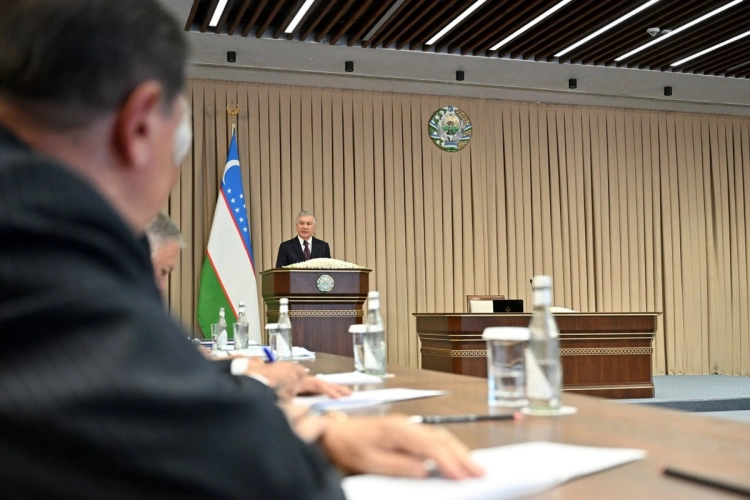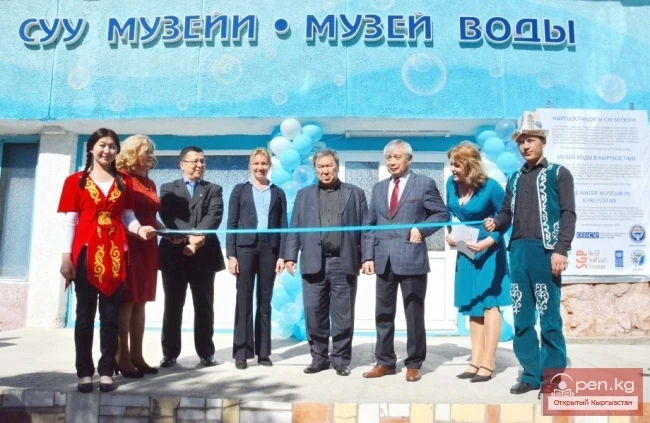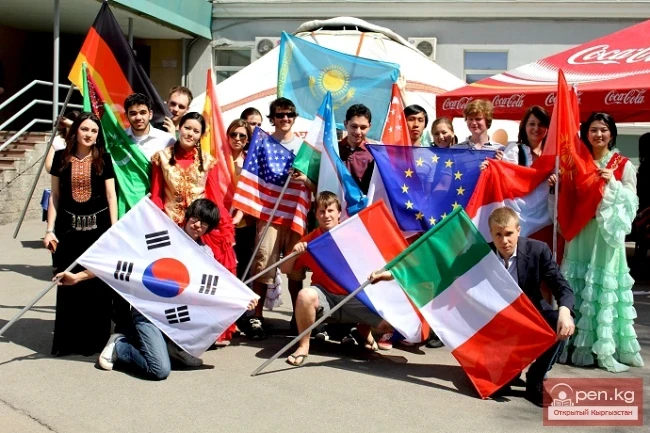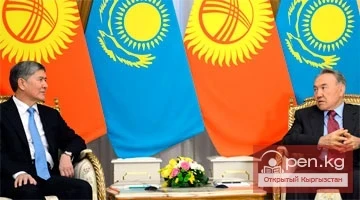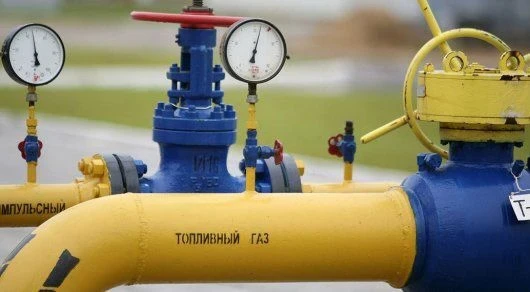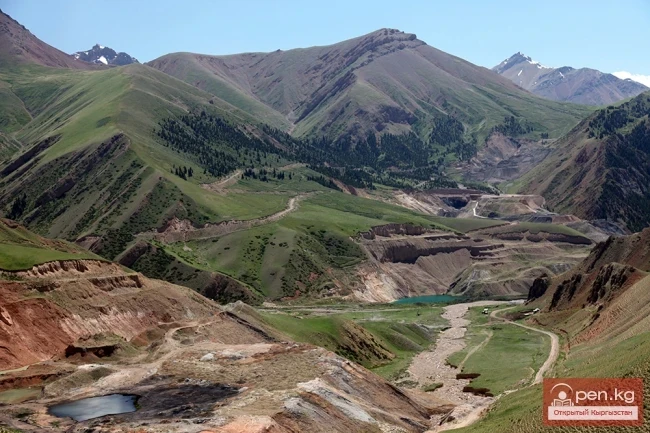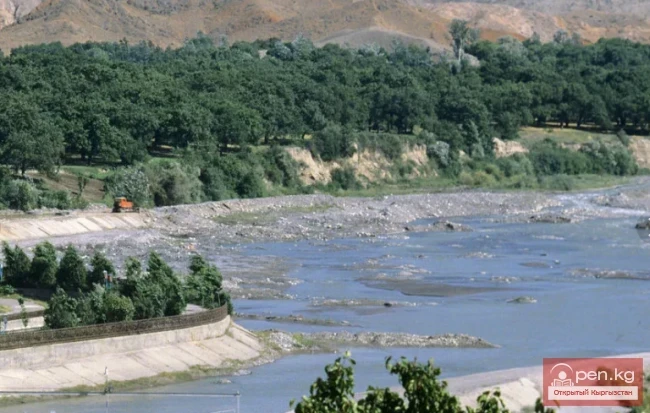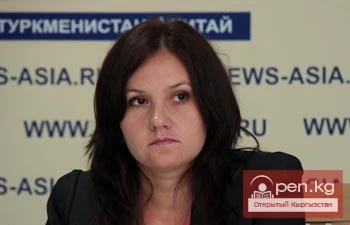Water is beginning to be viewed as a commodity, alongside strategically important resources such as oil and gas.
According to experts, the traditional principle of "water in exchange for electricity" has lost its relevance. This approach could lead to changes in interregional relations, especially if the authorities in Kyrgyzstan start selling water to their neighbors.
Let's explore whether the new measure will help solve the problem of water scarcity in the region in our material 24.kg.
New Rules — New Relations?
The distribution of water resources between upstream countries — Kyrgyzstan and Tajikistan — and downstream states — Kazakhstan and Uzbekistan — is becoming a potential source of conflict, analysts believe.
In the late 1990s, the presidents of Kazakhstan, Uzbekistan, and Kyrgyzstan — Nursultan Nazarbayev, Islam Karimov, and Askar Akayev — discussed the creation of a water-energy consortium for the equitable distribution of water resources; however, no agreement was reached, although the issue remains relevant.
In March 1998, Kyrgyzstan, Kazakhstan, and Uzbekistan signed an agreement on the use of water-energy resources in the basins of the Naryn and Syr Darya rivers, to which Tajikistan later joined. This document has been revised multiple times and, according to some political scientists, helped avoid serious conflicts, as water was considered a resource belonging to each state in national legislations.
Based on this agreement, on September 7, 2025, a protocol was signed in Cholpon-Ata between the energy ministers of Kazakhstan, Kyrgyzstan, and Uzbekistan. The agreement stipulated that Kyrgyzstan would release water from the Toktogul Reservoir for irrigation of fields in southern Kazakhstan and Uzbekistan in exchange for electricity. It was also agreed that Russian electricity would transit through the Kazakh energy system to assist Bishkek.
Kazakhstan and Uzbekistan also reached bilateral agreements for the supply of 900 million kilowatt-hours of electricity in 2026.
Experts believe that the package signed in September will help avoid energy problems in winter and accumulate enough water for the spring-summer season.
“Kazakhstan is fulfilling its obligations and expects a similar approach from its partners, which is the foundation of stability for the energy systems and water supply in the region,” noted Kazakhstan's Minister of Energy Erlan Akkenzhenov.
However, with the introduction of the new Water Code in Kyrgyzstan, the situation will change dramatically.
The main innovation will be a unified tariff for water use, except in cases of emergency response and firefighting. Kyrgyzstan believes this will increase the efficiency of water resource use and reduce the financial burden on the budget. Thus, neighboring countries will be forced to pay for water for irrigating their agricultural lands directly, rather than simply exchanging it for thermal energy in winter.
First Assessment, Then Payment
Experts agree that the current compensation system in hydropower is flawed. Kyrgyzstan uses only 20% of the total runoff, while the rest flows into neighboring states. The efficiency of water use by neighbors also remains in question.
The coordinator of the Central Asian platform for water resource management and climate change, Bulat Esekin, noted that Kyrgyzstan's initiative is partially justified, and the reasons for its proposal are clear. However, the question of whether the water fee will solve the shortage problem caused by the global crisis remains open.
“Neighbors will certainly oppose the unilateral introduction of a water fee. The eco-payment system has already been approved at the UN level and includes a methodology for calculating payments by downstream states for water. This system is legitimate and has been signed by all Central Asian countries,” he added.
Esekin also recommended that the governments of the region conduct an assessment of the existing infrastructure, especially in Kyrgyzstan and Tajikistan, as modern climate changes were not taken into account during the construction of hydropower plants and reservoirs.
Kyrgyzstan could initiate this assessment together with Kazakhstan, Uzbekistan, and Tajikistan, conducting a strategic analysis of the entire water-energy and agricultural infrastructure of the region.
Bulat Esekin
According to him, such an assessment will help understand what changes need to be made to minimize damage and improve water resource management.
“It is necessary to reconsider water relations not only between the countries of the region but also with international partners. The issue of water conservation is important, but realistic and effective solutions are needed, taking into account international experience,” concluded the expert.
Environmentalist from Kyrgyzstan Marat Musuraliev agrees, stating that a fee for water should be charged, but a preliminary expert risk assessment is necessary.
Otherwise, this could lead to complications in international relations, negatively affecting all parties involved.
Marat Musuraliev
P.S. Experts agree that Kyrgyzstan's decision to monetize water resources opens a new chapter in the relations between Central Asian countries, transforming water not only into a source of life but also into an important economic and political tool.
The question of whether the countries of the region can establish a new, mutually beneficial balance between national and common interests remains open.
